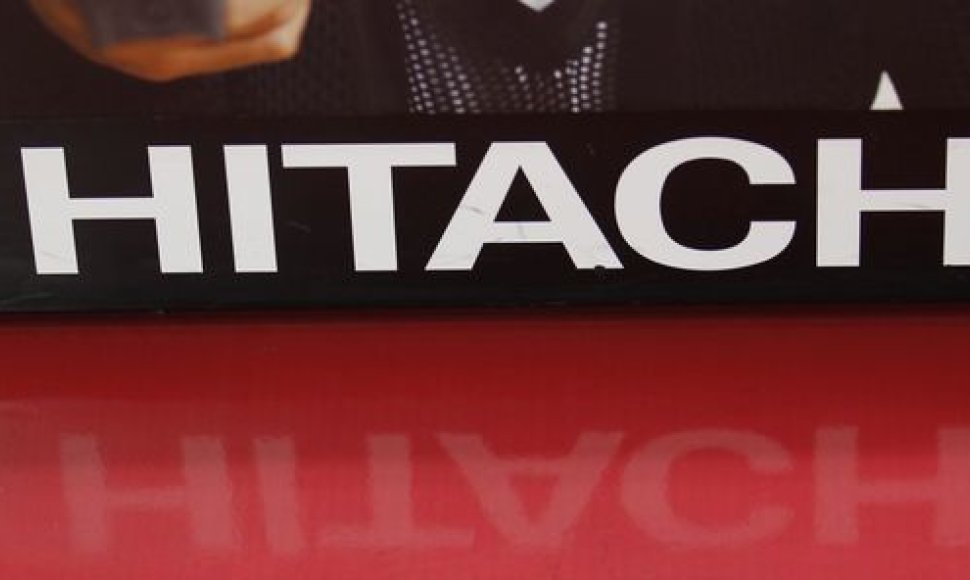"People's opinion matters a lot to them. Now that people in Lithuania have said that they oppose the construction of the plant, Hitachi may doubt very seriously if it's worthwhile. They may consider withdrawing," she told BNS.
According to preliminary results, the majority of people who cast ballots in Sunday's referendum voted against building a new nuclear power plant in Lithuania, but it is not clear yet if the voter turn-out passed the required 50-percent threshold.
Around 35 percent of voters in 269 out of 2,017 polling districts voted "yes" and 61 percent voted "no".
The mayor said that she was disappointed with the results of the non-binding referendum and that she had hoped that there would be roughly equal camps of supporters and opponents. "I expected that it would be about fifty-fifty," she said.
"The referendum is consultative and, therefore, it is nonsense because it is throwing a bad image onto Lithuania," the mayor said.
Straupaitė said that the referendum had been organized hastily, given several failed initiatives to collect 300,000 signatures in support of holding a binding referendum.
"People did not have full information about the project. They did not read the business plan. Information was not easily accessible. They did not demand a referendum, because they did not know which way to choose, but the Seimas announced the referendum. That is why the result is what it is. They had to measure three times and cut once, as the proverb says," she said.












